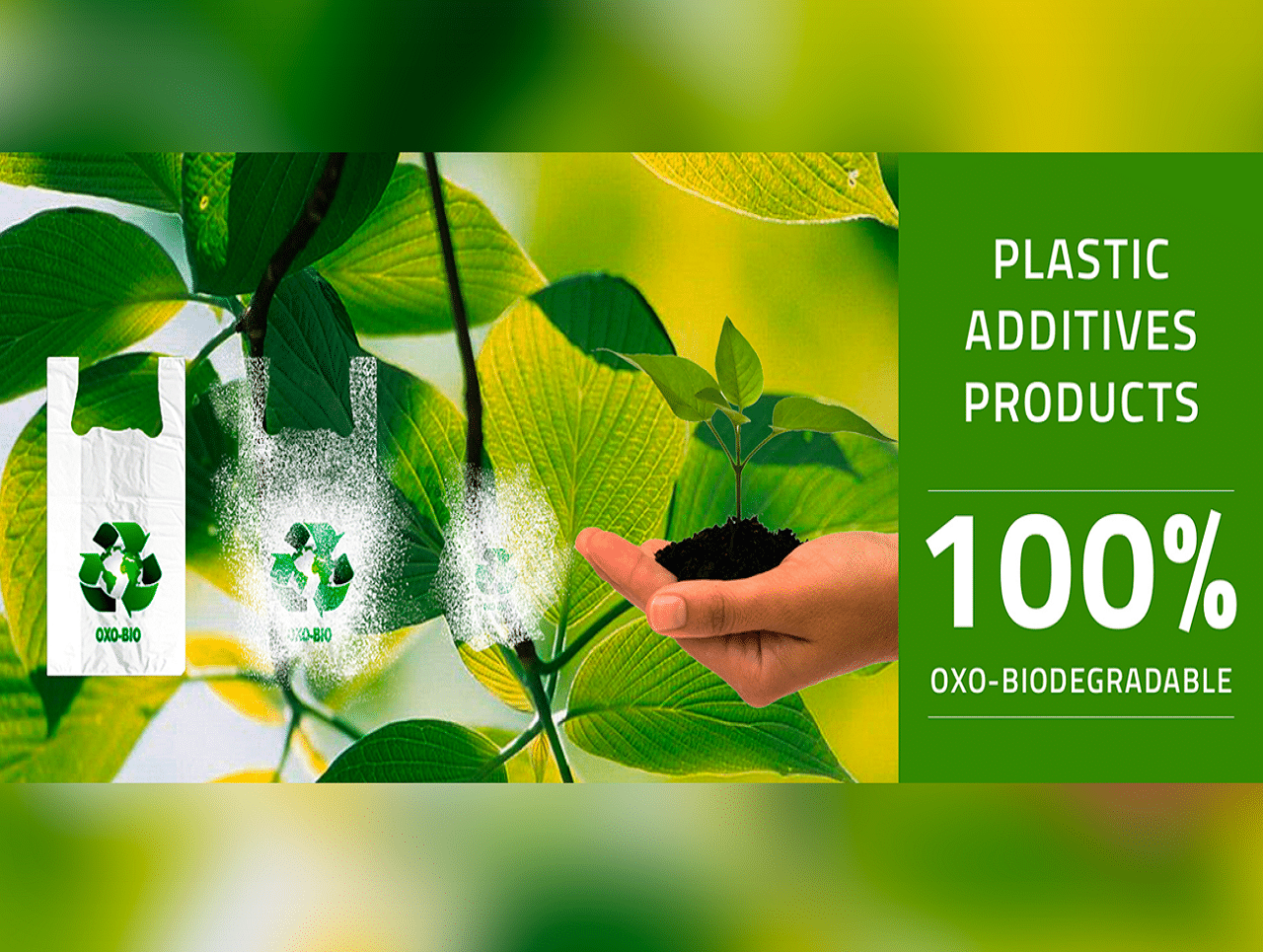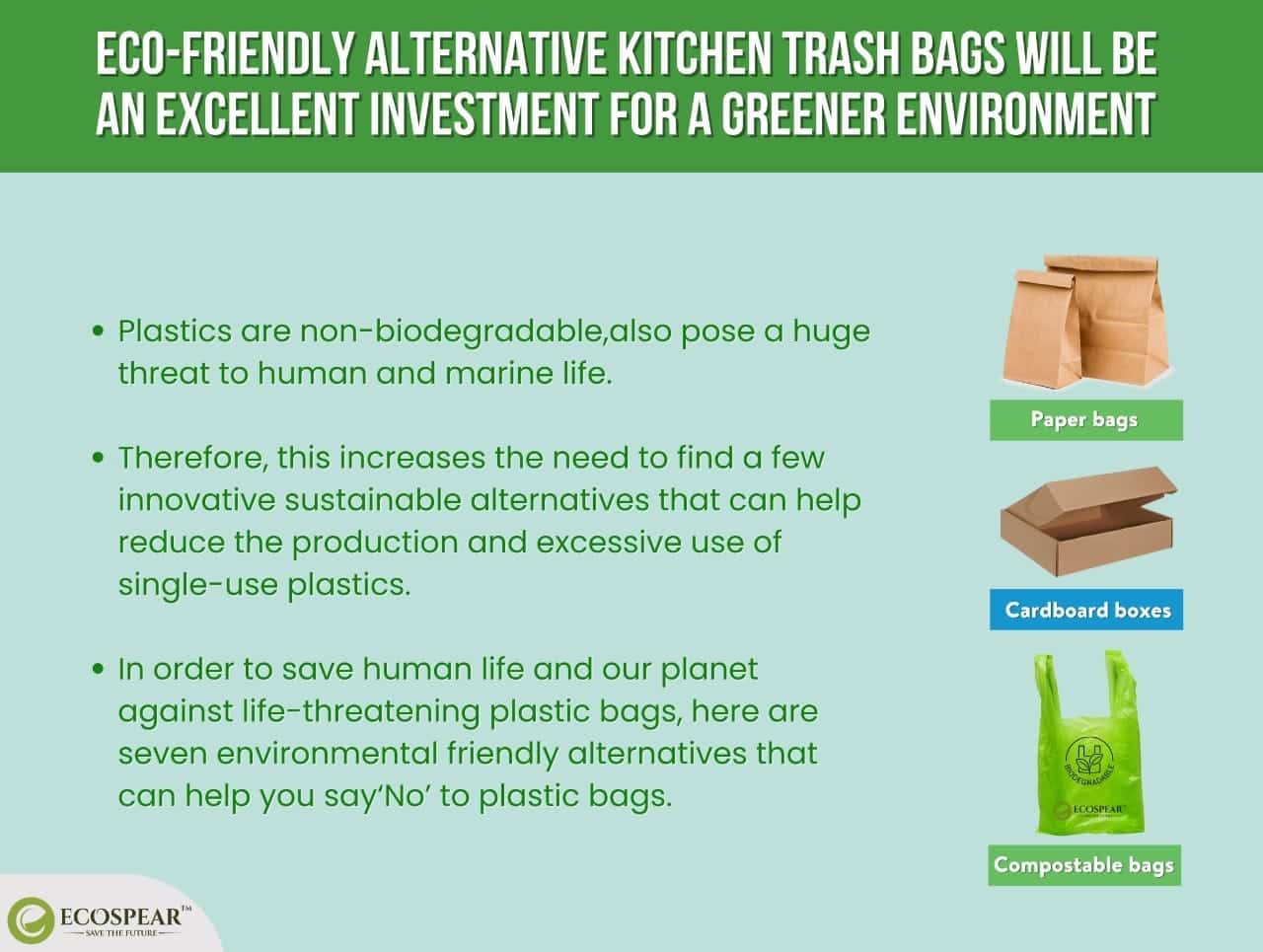Oxo-degradable plastics are a type of plastic that are designed to degrade quickly through a process of oxidation. While they may seem like a great alternative to traditional plastics, oxo-degradable plastics are actually quite dangerous to the environment and to human health. Oxo-degradable plastics are a type of plastic that are treated with chemical additives to make them degrade more quickly than traditional plastics. However, these plastics have been a source of controversy due to their potential to contribute to environmental pollution and health hazards. In this blog, we will explore why oxo-degradable plastics are so dangerous, where they have been banned, and why.
Firstly, it is important to understand that oxo-degradable plastics are not truly biodegradable. Unlike biodegradable plastics, which break down into natural substances like water and carbon dioxide, oxo-degradable plastics break down into tiny pieces of plastic known as microplastics. These microplastics are incredibly difficult to clean up and can persist in the environment for hundreds of years.
So, oxo-degradable plastics do not actually biodegrade, but rather break down into smaller microplastics that can persist in the environment for hundreds of years. This is because oxo-degradable plastics are made with additives that promote fragmentation, but not true biodegradation. As a result, they contribute to the global microplastic pollution crisis, which has been linked to a wide range of environmental and health problems. For example, they can be ingested by animals and enter the food chain, potentially causing serious harm to humans who consume contaminated seafood. And because microplastics are so small, they can also enter the air we breathe, posing a risk to human health.
Studies have shown that these plastics can release toxic chemicals into the environment as they break down, posing a risk to both wildlife and human health. For example, when oxo-degradable plastics are exposed to sunlight and heat, they can release harmful chemicals such as bisphenol A (BPA) and phthalates, which have been linked to cancer, reproductive problems, and developmental disorders.
Given these risks, it is not surprising that many countries have chosen to ban oxo-degradable plastics. The first country to do so was France, which banned the use of oxo-degradable plastics in January 2017. Since then, a number of other countries have followed suit, including Italy, Spain, and Germany. The European Union has also taken steps to restrict the use of oxo-degradable plastics, with new regulations set to take effect in 2021.
Outside of Europe, several countries have also banned the use of oxo-degradable plastics. For example, in 2019, India issued a nationwide ban on the manufacture, import, and sale of oxo-degradable plastics, citing their harmful impact on the environment and public health. Similar bans have also been enacted in other countries such as Chile, Morocco, and the United Arab Emirates.
In addition to these bans, many industry organizations have also taken action to phase out the use of oxo-degradable plastics. For example, the British Retail Consortium has issued a statement urging retailers to stop using oxo-degradable plastics, while the Plastics Industry Association in the United States has discouraged the use of these plastics in single-use applications. It is also worth noting that many major retailers and brands have made commitments to phase out the use of oxo-degradable plastics in their products. This is a positive step in the right direction, as it helps to create a market for more sustainable alternatives and can encourage innovation in the industry.
So why have so many countries decided to ban oxo-degradable plastics? One reason is that there is a lack of scientific evidence to support claims that these plastics actually break down in the environment. In fact, some studies have suggested that oxo-degradable plastics can actually break down more slowly than traditional plastics, and can leave behind harmful residues in the environment.
Another reason for the ban is that there are more sustainable alternatives available. Biodegradable plastics, for example, are designed to break down into natural substances that are harmless to the environment. And while there are still concerns about the efficiency of biodegradable plastics, they are a much safer alternative to oxo-degradable plastics.
It is clear that oxo-degradable plastics pose a serious threat to the environment and public health, and action is needed to prevent their continued use. While bans on these plastics are an important step, it is also important to focus on developing and promoting truly biodegradable and compostable alternatives to traditional plastics. This will help to reduce the overall volume of plastic waste that ends up in landfills and oceans, and protect the health and well-being of both people and the planet.
Oxo-degradable bags can be very dangerous for Bangladesh due to the country’s high temperature and humidity levels, which can trigger the bags to break down into microplastics much faster. These microplastics can contaminate soil and water, harming not only the environment but also the health of people and animals. Additionally, since Bangladesh has a large agricultural sector, the use of oxo-degradable bags can also have adverse effects on crops and livestock. The use of these bags can potentially lead to the accumulation of toxic chemicals in the food chain, which can pose health risks to consumers. Therefore, it is crucial for Bangladesh to avoid the use of oxo-degradable bags and switch to more sustainable alternatives.
In summary, oxo-degradable plastics are a dangerous and unsustainable alternative to traditional plastics. They break down into microplastics that can harm the environment and human health, and there is a lack of scientific evidence to support claims that they are truly biodegradable. Many countries have recognized the dangers of oxo-degradable plastics and have chosen to ban them in favor of more sustainable alternatives. By working together to phase out the use of oxo-degradable plastics, we can create a safer and more sustainable future for ourselves and for the planet.





